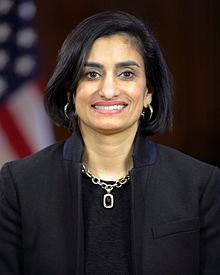Report Looks at Work Requirements
As a growing number of states consider implementing work requirements as a condition for Medicaid eligibility, the Urban Institute has released a report that describes work requirements in various government cash assistance, nutrition assistance, and housing assistance programs and considers the degree to which those requirements have achieved their policy objectives.
 The report also describes the applications that eight states have submitted to the federal government seeking permission to introduce a work requirement in their Medicaid programs.
The report also describes the applications that eight states have submitted to the federal government seeking permission to introduce a work requirement in their Medicaid programs.
Go here to see the Urban Institute report Work Requirements in Social Safety Net Programs: A Status Report of Work Requirements in TANF, SNAP, Housing Assistance, and Medicaid.




 According to the news release, those changes include:
According to the news release, those changes include:
 MACPAC advises the administration, Congress, and the states on Medicaid and CHIP issues. It is a non-partisan agency of the legislative branch of government.
MACPAC advises the administration, Congress, and the states on Medicaid and CHIP issues. It is a non-partisan agency of the legislative branch of government. SNAP recently shared this view with the House Ways and Means Committee’s Health Subcommittee in response to that subcommittee’s request for suggestions from stakeholders on ways to improve the delivery of Medicare services and eliminate statutory and regulatory obstacles to more effective care delivery.
SNAP recently shared this view with the House Ways and Means Committee’s Health Subcommittee in response to that subcommittee’s request for suggestions from stakeholders on ways to improve the delivery of Medicare services and eliminate statutory and regulatory obstacles to more effective care delivery.